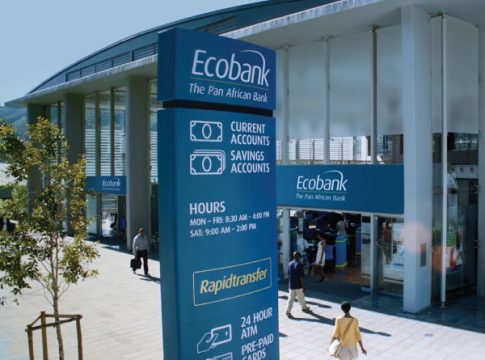In a significant move towards boosting the efficiency of its power sector, the Nigerian government has announced plans to purchase 3.5 million electricity meters by the year’s end. This initiative, as detailed by the Minister of Power, Adebayo Adelabu, aims to improve revenue collection in a sector where over 50% of consumers are subjected to estimated billing.
During an energy conference by BusinessDay Newspapers, Minister Adelabu explained the procurement strategy, stating, “This year, 2 million meters will be sourced alongside the 1.5 million meters procured with World Bank support. By year-end, we aim to have 3.5 million meters installed.”
Adelabu highlighted that most meters would be imported from international vendors due to the limited production capacity of local manufacturers, with Chinese firms traditionally being a major supply source.
The minister also disclosed that competitive bidding for the initial batch of 1.5 million meters has been completed, with their delivery anticipated in the coming months. Additionally, to cater to large consumers facing increased tariffs since April, the government has resolved to allocate 20 billion naira to electricity distribution companies for meter procurement, ensuring metering completion by September.
READ MORE: Nigerian Senate Confirms Appointment Of Agama As Director General Of SEC
The Power Minister estimates Nigeria’s unmetered customer base between 7 and 8 million. However, a PwC analysis suggests a figure of 38.91 million unmetered consumers, pointing towards a substantial metering gap. According to the Nigeria Electricity Regulatory Commission (NERC), as of September 30, 2023, only 44.51% of customers across all DisCos were metered, highlighting a 55.49% metering gap from a total of 12.82 million customers.
The push for extensive metering comes in response to widespread complaints about billing disputes, with 57% of all complaints last year related to disputed bills, as reported by the NERC. Additionally, in a crucial step to bolster the sector, the federal government recently secured a $500 million World Bank facility intended, in part, for meter provisioning to electricity consumers.
By addressing the significant shortfall in meter availability, the Nigerian government aims to ensure fair billing practices and enhance revenue collection, moving towards a more sustainable and efficient power sector.




